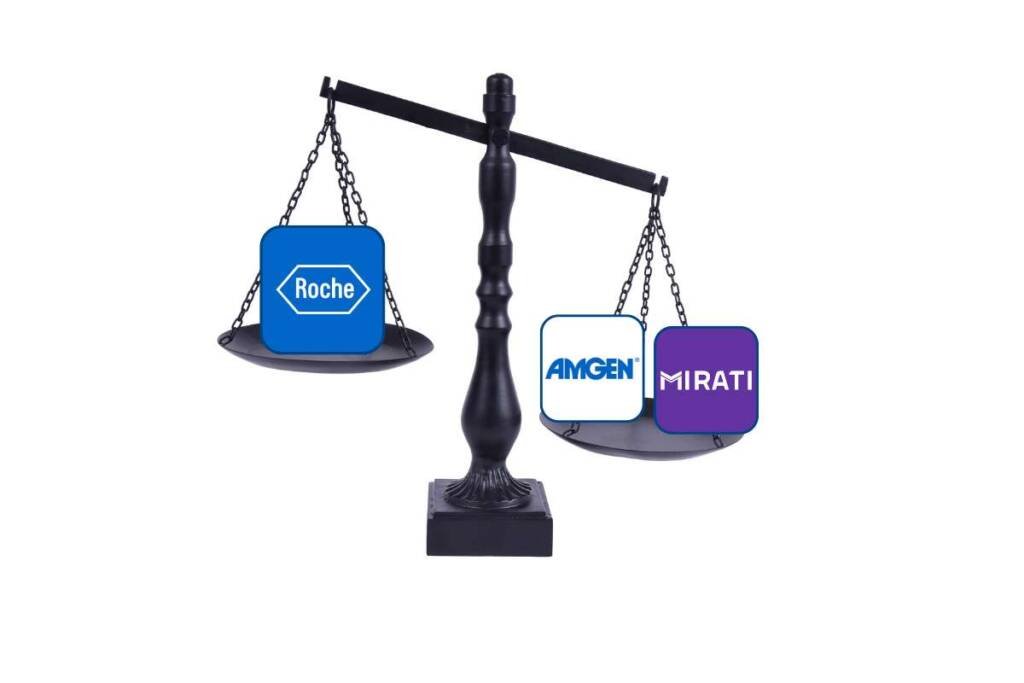Roche has presented compelling new data showcasing its KRAS inhibitor, divarasib, as a potential contender against rivals Amgen and Mirati. Early-phase monotherapy clinical trial results indicate that divarasib might surpass the response rate and durability of its more advanced competitors. While these findings are promising, the outcome remains uncertain.
Despite conceding a considerable head start to its competitors, Roche has continued to invest in divarasib, citing its superior potency and selectivity demonstrated in vitro. The company began substantiating its claims with clinical data in 2022, revealing monotherapy outcomes in non-small cell lung cancer (NSCLC) and colorectal cancer during the latter part of the year.
The latest update on NSCLC and colorectal cancer data has been published in The New England Journal of Medicine, with the authors contextualizing the results in relation to the data from Roche’s counterparts.
Response rates remain consistent with earlier data for divarasib. In the NSCLC study, Roche observed responses in 53.4% of the 60 enrolled patients in its phase 1 trial. The response rate for colorectal cancer was slightly lower at 29.1%, aligning with the trend seen in studies of other KRAS inhibitors. Notably, higher response rates were observed at the 400-mg dose: 56.4% for NSCLC and 35.9% for colorectal cancer.
Roche’s advantage also extends to the durability of response. Median progression-free survival with the 400-mg dose reached 13.7 months for NSCLC and 6.9 months for colorectal cancer. Neither Amgen nor Mirati surpassed the seven-month mark in NSCLC, although Roche’s advantage was slimmer in colorectal cancer.
While the numerical discrepancies may not conclusively demonstrate Roche’s real-world advantage, the Swiss pharmaceutical company remains confident in divarasib’s potential. A phase 3 trial focusing on NSCLC is currently underway.
Roche’s continued investment in divarasib and the potential it holds could reshape the landscape of KRAS inhibitors, intensifying the race among pharmaceutical innovators in pursuit of groundbreaking treatments.





























